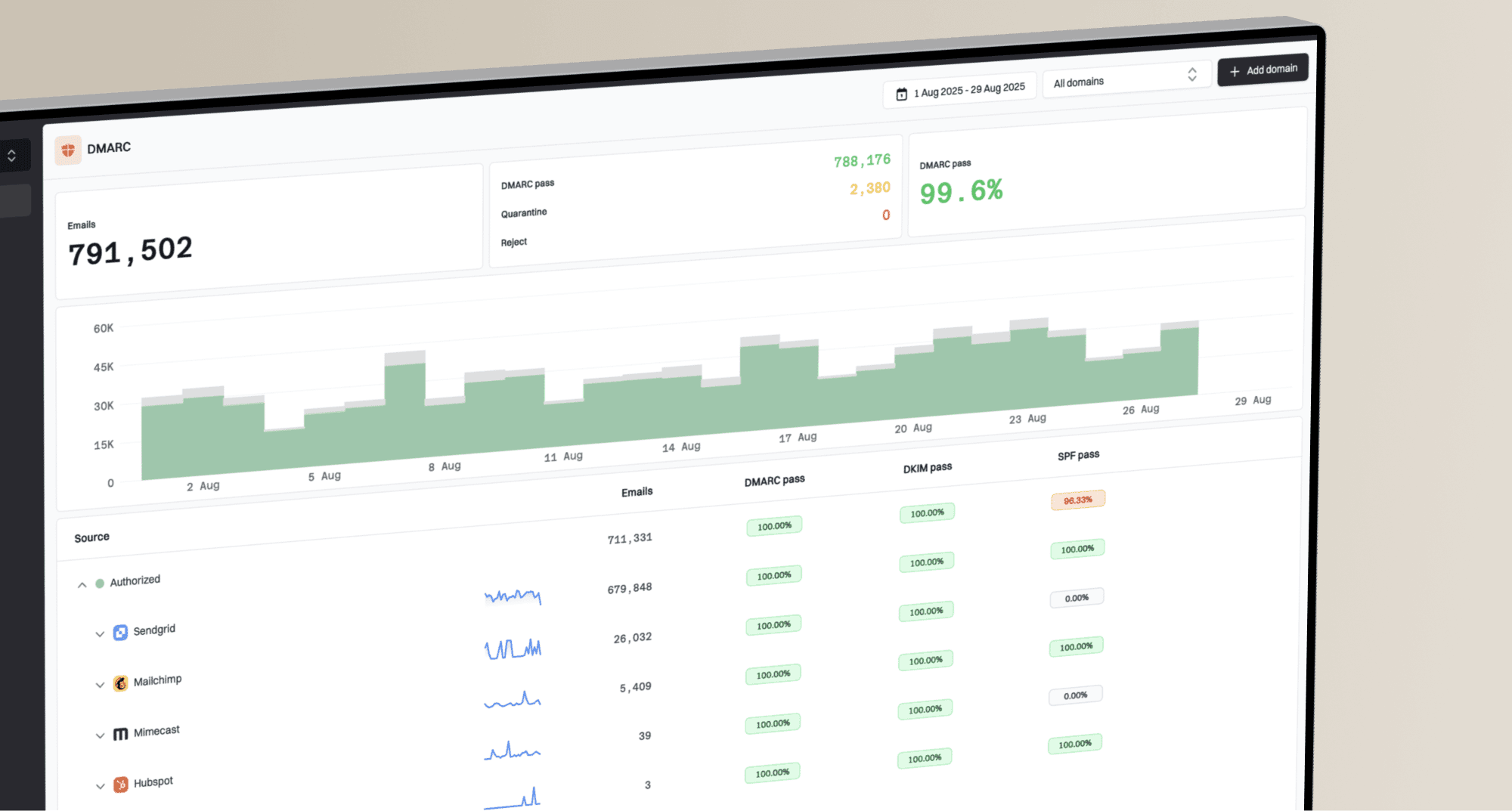When did Cox.net change their MX records?

Matthew Whittaker
Co-founder & CTO, Suped
Published 16 Jun 2025
Updated 5 Nov 2025
6 min read

 Yahoo Mail as of October 1, 2024. This specific date marks when the MX records for cox.net began pointing to
Yahoo Mail as of October 1, 2024. This specific date marks when the MX records for cox.net began pointing to  Yahoo's infrastructure instead of Cox's previous mail handler, cloudfilter.net. If you're looking for official information on this, Cox provides details about the transition on their website.
Yahoo's infrastructure instead of Cox's previous mail handler, cloudfilter.net. If you're looking for official information on this, Cox provides details about the transition on their website. Yahoo's servers.
Yahoo's servers. Yahoo Mail. This is a significant shift that email marketers and administrators should be aware of, as Yahoo's deliverability policies and reputation systems may differ from Cox's previous setup.
Yahoo Mail. This is a significant shift that email marketers and administrators should be aware of, as Yahoo's deliverability policies and reputation systems may differ from Cox's previous setup.  Yahoo Mail has several implications for email senders. Primarily, it means that any deliverability issues previously associated with Cox's infrastructure might now be linked to
Yahoo Mail has several implications for email senders. Primarily, it means that any deliverability issues previously associated with Cox's infrastructure might now be linked to  Yahoo's system. Senders should be mindful of what happens during such a migration.
Yahoo's system. Senders should be mindful of what happens during such a migration. Cox's postmaster team.
Cox's postmaster team. Yahoo Mail's extensive global network.
Yahoo Mail's extensive global network. Yahoo's stricter requirements, including those for bulk senders.
Yahoo's stricter requirements, including those for bulk senders. Yahoo's postmaster tools and general email best practices for major mailbox providers.
Yahoo's postmaster tools and general email best practices for major mailbox providers. Yahoo), you should review your email authentication records. Ensure your SPF, DKIM, and DMARC records are correctly configured and aligned with your sending practices. Misconfigurations can lead to emails being rejected or sent to the spam folder, something you want to avoid after any MX record change.
Yahoo), you should review your email authentication records. Ensure your SPF, DKIM, and DMARC records are correctly configured and aligned with your sending practices. Misconfigurations can lead to emails being rejected or sent to the spam folder, something you want to avoid after any MX record change. Yahoo policies or how your sending practices are perceived by their systems. Regularly checking for your IP or domain on a major email blacklist or blocklist (or blocklist) is always a good idea.
Yahoo policies or how your sending practices are perceived by their systems. Regularly checking for your IP or domain on a major email blacklist or blocklist (or blocklist) is always a good idea. Yahoo. It offers visibility into issues like alignment failures, which can be crucial when dealing with a significant MX record change. Learn more about DMARC, SPF, and DKIM.
Yahoo. It offers visibility into issues like alignment failures, which can be crucial when dealing with a significant MX record change. Learn more about DMARC, SPF, and DKIM. Yahoo's filters are treating your emails differently than Cox's old system did.
Yahoo's filters are treating your emails differently than Cox's old system did. Google and
Google and  Yahoo frequently update their sender requirements, as seen with recent changes for bulk senders in early 2024. Being proactive and adapting your sending strategies will help you maintain strong deliverability to @cox.net and all other domains.
Yahoo frequently update their sender requirements, as seen with recent changes for bulk senders in early 2024. Being proactive and adapting your sending strategies will help you maintain strong deliverability to @cox.net and all other domains. Yahoo Mail marks a significant change in the email landscape for addresses under that domain. Knowing that the MX records changed on October 1, 2024 is essential for accurately diagnosing and resolving deliverability issues.
Yahoo Mail marks a significant change in the email landscape for addresses under that domain. Knowing that the MX records changed on October 1, 2024 is essential for accurately diagnosing and resolving deliverability issues. 